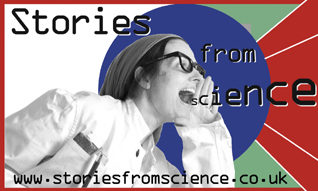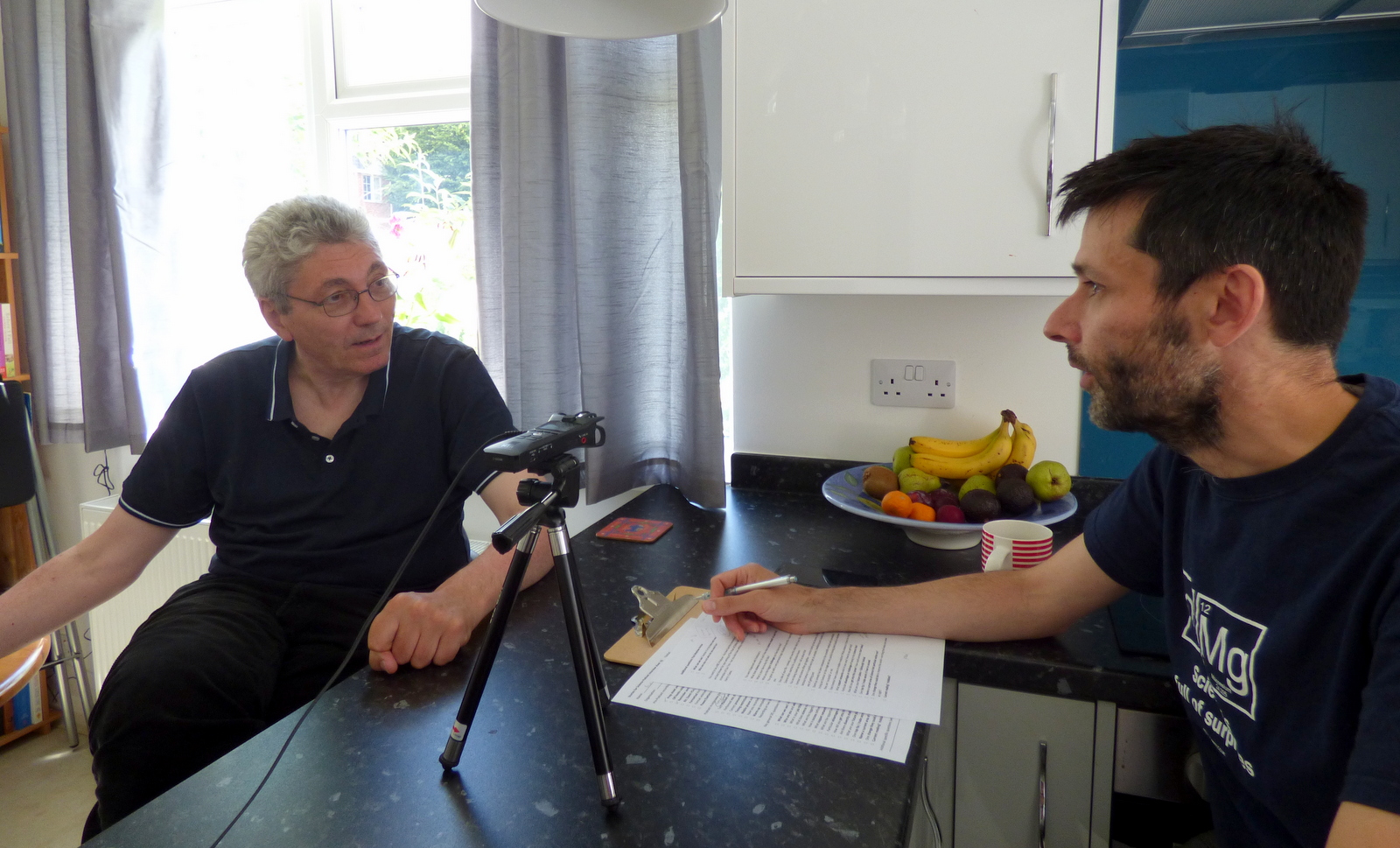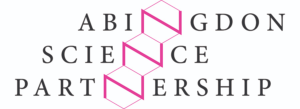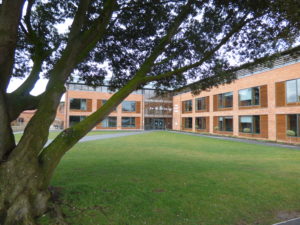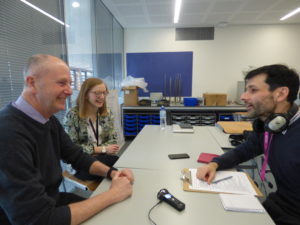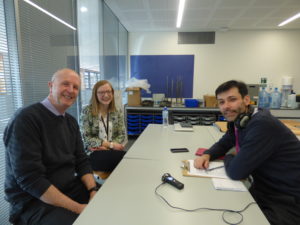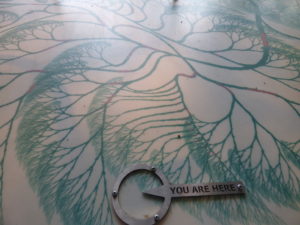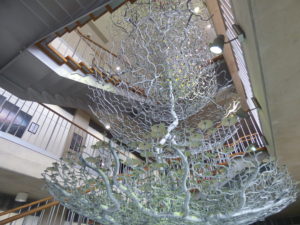 Paul Mayhew-Archer is one of our best-loved comedy writers, with credits include The Vicar of Dibley (which he co-wrote with Richard Curtis), but also Old Harry’s Game (with Andy Hamilton), Miranda and the BBC adaptation of Esio Trot. He was also a BBC producer, most famously for the radio show ‘I’m Sorry I Haven’t A Clue’.
Paul Mayhew-Archer is one of our best-loved comedy writers, with credits include The Vicar of Dibley (which he co-wrote with Richard Curtis), but also Old Harry’s Game (with Andy Hamilton), Miranda and the BBC adaptation of Esio Trot. He was also a BBC producer, most famously for the radio show ‘I’m Sorry I Haven’t A Clue’.
But in 2011, when he might ordinarily have been considering retirement, he was diagnosed with Parkinson’s Disease. His response to the diagnosis was immediate, somewhat peculiar, but totally consistent with his life up to then: with humour.
Since that moment, his life has changed dramatically, both in terms of how the disease affects him personally, but more as a result of continuing to use comedy and laughter in the face of a cruel and depressing disease which affects 150,000 adults in the UK – and over 6 million people worldwide.
This interview is as unusual as it is moving. We bust taboos, and visit some very dark places as you might expect when discussing terminal illness and death. But it is also very, very funny. And that’s kind of Paul’s mission: as a society we need to talk more about these subjects, and comedy can be a wonderful vehicle to create a space within which more serious conversations can take place.
(Listen now on SoundCloud – iTunes – Stitcher – for a comprehensive set of show notes, including links, analysis and organisation contact, consider becoming a supporter through Patreon – or email us for more details)
Paul has continued to use comedy and laughter to confront the disease – both on a personal level, and helping others. He made the documentary Parkinson’s: The Funny Side (which we highly recommend, and for which he won ‘best documentary presenter’ at the 2016 Grierson Awards). And this Summer, he takes his one-man show Incurable Optimist to the Edinburgh Fringe.
 So this is a science podcast with a difference. Yes, we touch on the science of Parkinson’s and its treatment, the experiences of being treated by medical science, and even the science of what laughter does to us both physiologically and socially.
So this is a science podcast with a difference. Yes, we touch on the science of Parkinson’s and its treatment, the experiences of being treated by medical science, and even the science of what laughter does to us both physiologically and socially.
But Paul Mayhew-Archer is not a scientist. He is, however, a brilliantly funny, humane individual. And in a world which struggles to deal with an ageing population, he may just hold the key to how we might just make life more bearable for those suffering from incurable disease – and those that care for them.
(Listen now on SoundCloud – iTunes – Stitcher – for a comprehensive set of show notes, including links, analysis and organisation contact, consider becoming a supporter through Patreon – or email us for more details
A hat-tip is in order: the inspiration for this interview came from an episode of the brilliant Scientists Not The Science with Stuart Higgins and Stuart Goldsmith, which first threw up the possibility of comedy and science.
And if you want to know more about Parkinson’s – what it is, living with the condition, helping someone else with the condition and a possible cure, please visit Parkinson’s UK)
